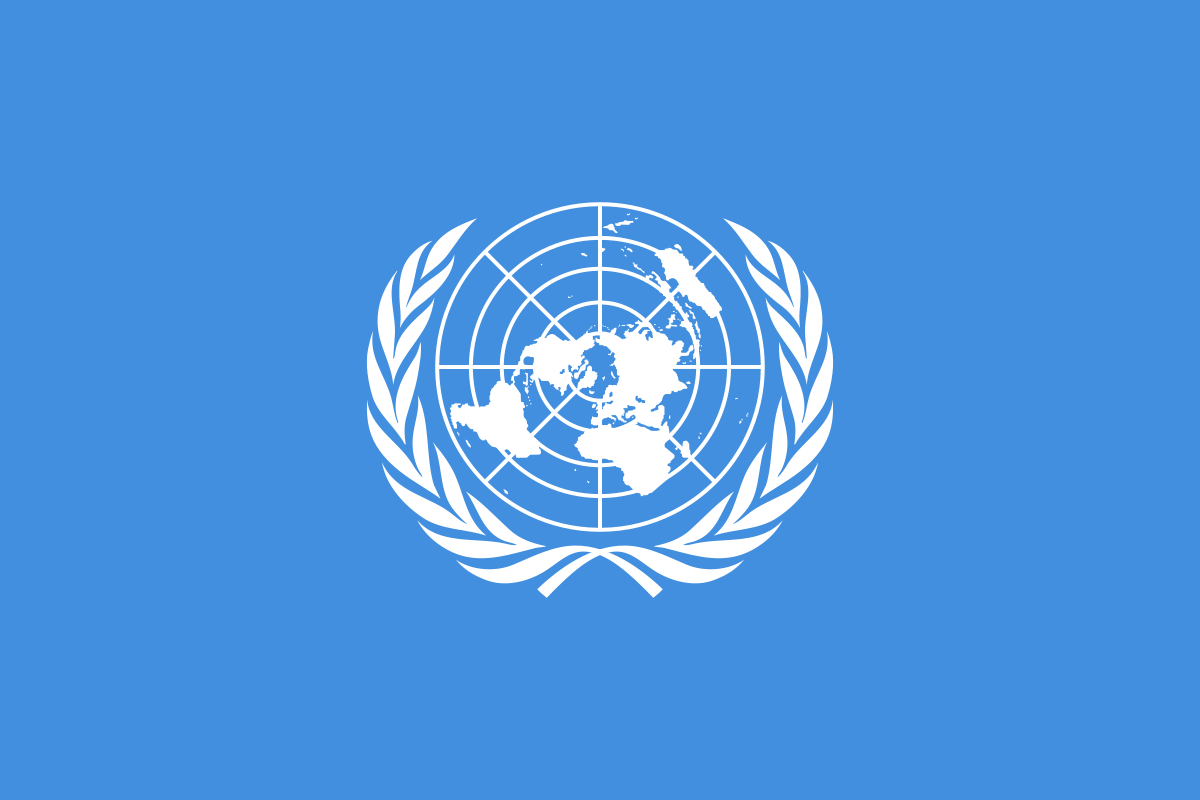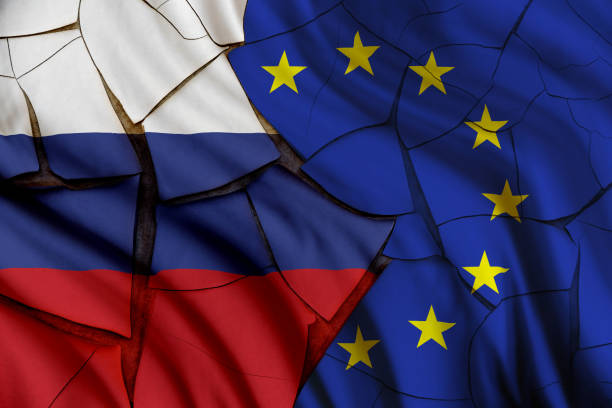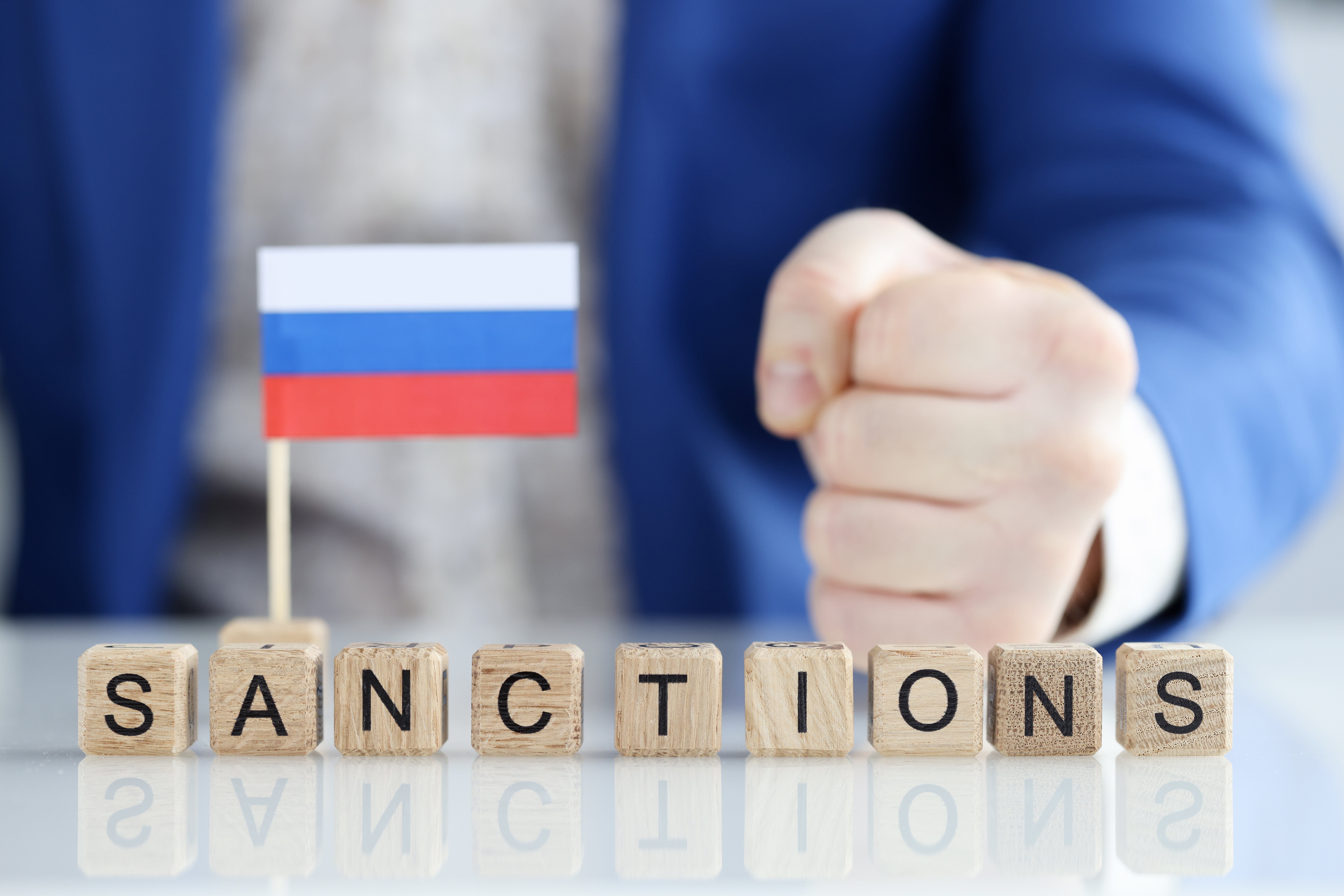The United Nations (UN) Sanctions Regime plays a critical role in maintaining international peace and security. It is a key instrument used by the UN Security Council (UNSC) to combat terrorism, prevent the proliferation of weapons of mass destruction, and respond to human rights violations. Given its broad impact, professional service providers, including audit firms, accounting firms, law firms, and other consultancy services, must understand how UN sanctions function and their obligations under this regime.
UN sanctions are legally binding measures imposed by the UNSC under Chapter VII of the UN Charter. These sanctions can take various forms, including:
- Asset Freezes: Restricting access to financial resources for designated individuals, entities, or countries.
- Travel Bans: Preventing targeted individuals from entering or transiting through member states.
- Arms Embargoes: Prohibiting the supply, sale, or transfer of arms and related materials.
- Trade Restrictions: Imposing economic and commercial prohibitions on specific goods and services.
- Sectoral Sanctions: Targeting specific industries, such as banking, energy, or shipping.
UN sanctions are binding on all UN member states, requiring them to implement domestic measures to comply with Security Council resolutions. Professional service providers play a crucial role in enforcement through regularly screening clients and transactions against UN-designated lists, conducting thorough investigations into high-risk clients and business relationships, evaluating the exposure of clients to sanctioned entities or individuals, and finally promptly reporting identified matches or potential breaches to relevant national authorities.
In Cyprus, compliance with UN and EU sanctions is enforced through the Implementation of the Provisions of the Resolutions or Decisions of United Nations Security Council (Sanctions) and of the Decisions and Regulations of the Council of the European Union (Restrictive Measures) Law of 2016, Law 58(I)/2016. This legislation mandates that all entities, including professional service providers, adhere to the sanctions imposed and implement the necessary due diligence measures to prevent violations.
Despite their importance, implementing UN sanctions presents challenges, such as frequent updates to the UN sanctions list require continuous monitoring and system adjustments. Moreover, some countries implement additional measures beyond UN sanctions, such as those imposed by the US (OFAC) or the EU. More importantly, criminal networks use shell companies, intermediaries, and digital assets to bypass restrictions.
At MK Compliance, we understand the complexities of navigating the evolving sanctions landscape. Our tailored solutions help audit firms, accounting firms, law firms, and other professional service providers ensure compliance with UN sanctions by offering:
- Comprehensive Client Screening: Advanced tools to screen clients and business partners against global watchlists.
- Enhanced Due Diligence Services: In-depth investigations to mitigate risks associated with high-risk clients.
- Regulatory Advisory & Training: Expert guidance to keep your team up to date with the latest sanctions regulations and best practices.
- Risk-Based Compliance Frameworks: Tailored approaches to sanctions risk management aligned with industry standards.
- Daily Updates: Our team can provide daily, weekly, or monthly updates on sanctions, AML regulatory developments, and related news. These updates ensure that you are kept informed about the latest regulatory changes, ensuring comprehensive compliance.
The UN Sanctions Regime is a cornerstone of global security and financial crime prevention. Professional service providers must stay informed, implement robust control measures, and leverage technology to ensure adherence. As regulatory expectations evolve, proactive compliance will remain essential to mitigating sanctions-related risks.
Service providers should continue refining their sanctions compliance frameworks to align with best practices and regulatory expectations. A strong compliance culture is not just a regulatory necessity, it is also crucial in maintaining global security and financial integrity.
For more information, you may contact us at info@compliancemk.com.
The content of this article is valid as at the date of its first publication. It is intended to provide a general guide to the subject matter and does not constitute legal advice. We recommend that you seek professional advice on your specific matter before acting on any information provided.




